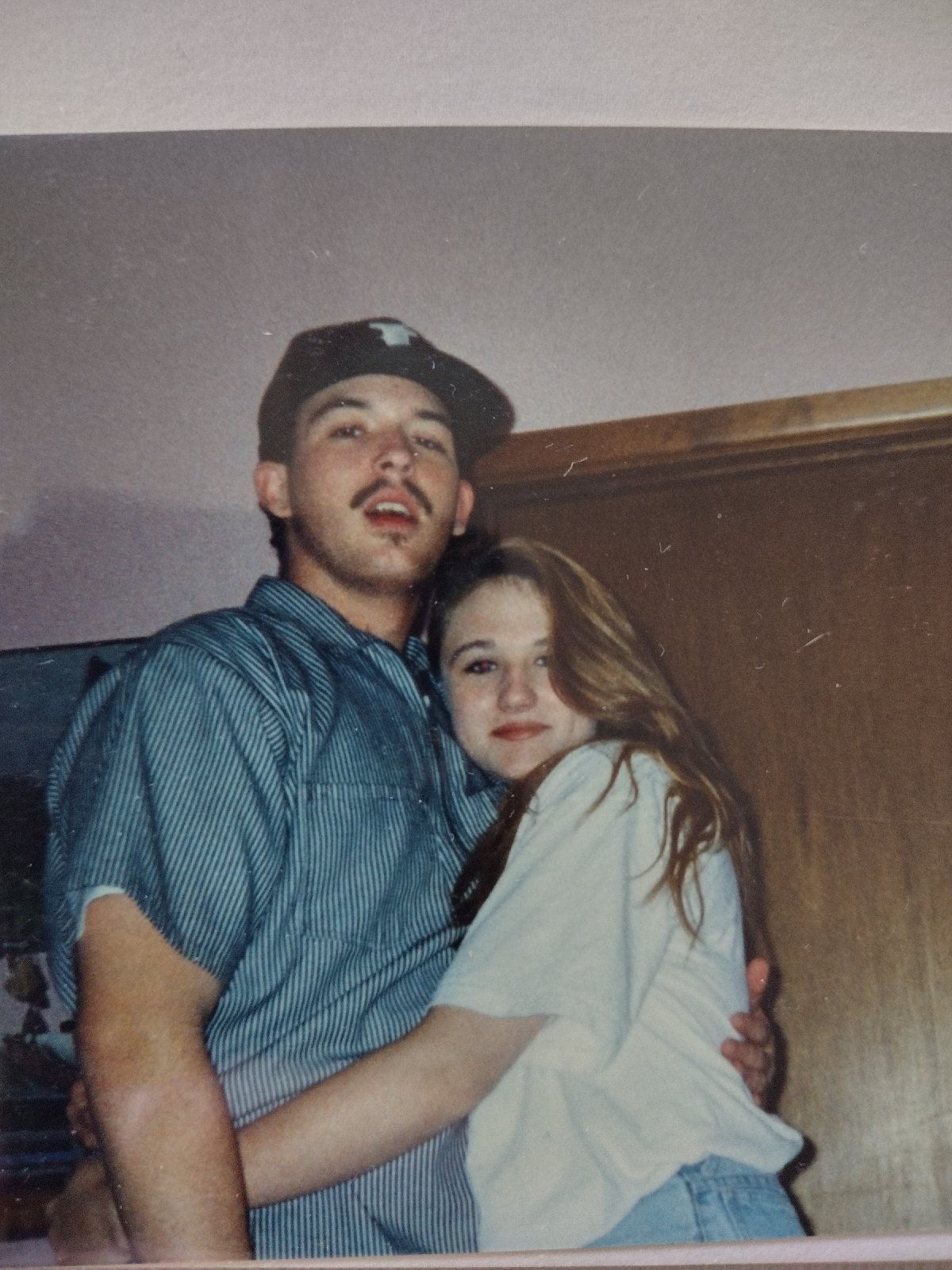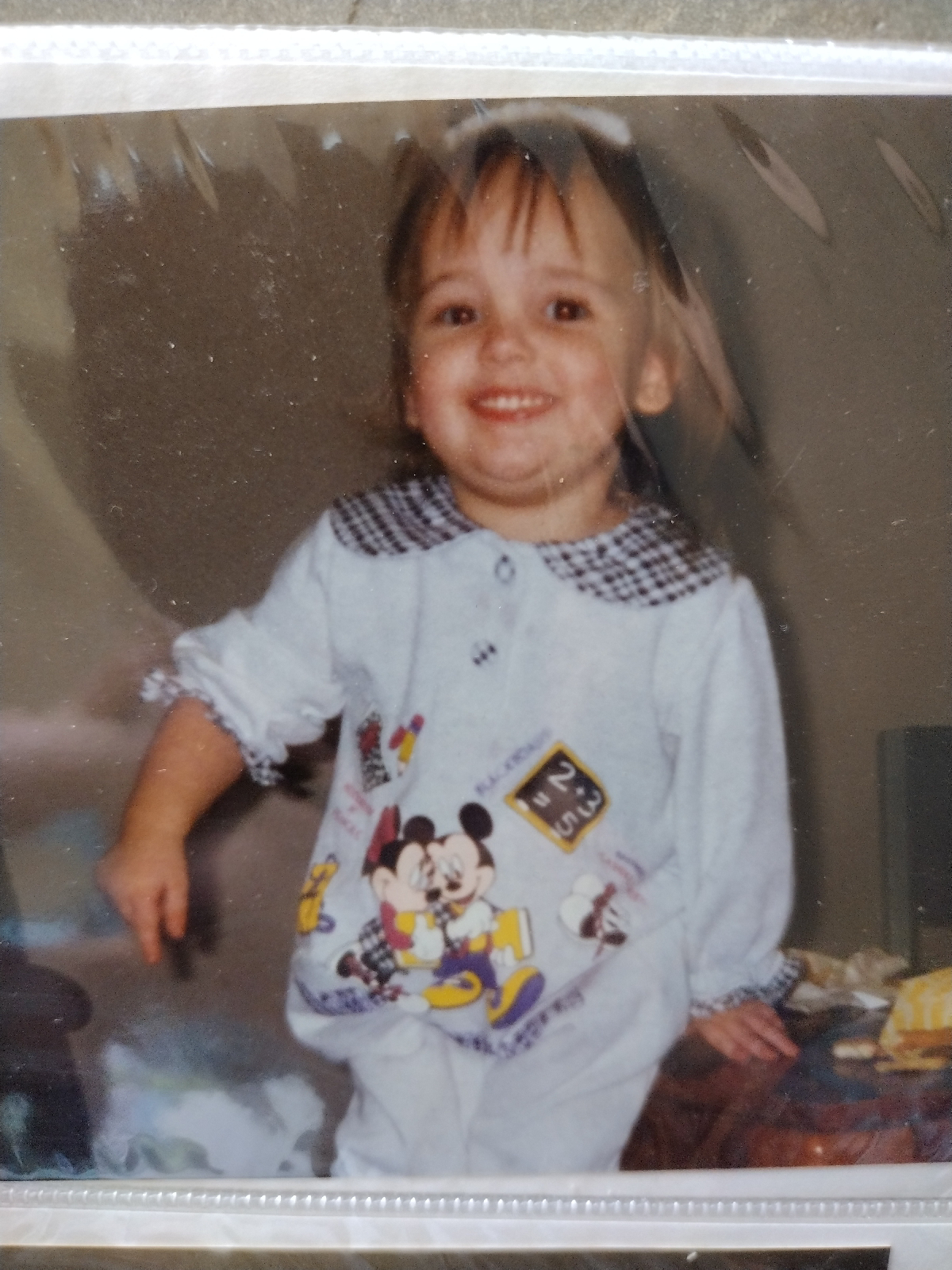Hello beautiful souls,
In a world where human connections are essential, it can be incredibly challenging to live under the constant belief that people are constantly angry or upset with you.
Over time, this trauma response, commonly found among people pleasers or those who have experienced emotional manipulation, can lead to profound patterns of anxiety and self-doubt. However, it is crucial to remember that not everyone is mad at you.
By recognizing and addressing this unhealthy way of thinking, we can begin to rewire our brains and escape the grip of this debilitating syndrome.
The "everyone is mad at me" syndrome often originates from a deep-rooted need to seek validation and approval from others. It is commonly observed in individuals who have experienced emotionally manipulative relationships, where their actions were consistently criticized or invalidated.
This trauma response causes an automatic assumption that everyone's displeasure is directed towards them, even when it has no basis in reality.
To combat this way of thinking, it is essential to challenge and reevaluate the underlying core beliefs that promote such self-destructive patterns.
Begin by practicing self-reflection and questioning the validity of your assumptions. Ask yourself, "Is there concrete evidence to support the notion that everyone is mad at me, or is this merely a manifestation of my past experiences?"
Self-compassion plays a vital role in breaking free from the "everyone is mad at me" mindset. By treating yourself with kindness and understanding, you can start to heal the wounds caused by emotional manipulation.
Recognize that feeling responsible for others' emotions is both unfair to yourself and disregards the autonomy of others in managing their emotions.
Establishing and maintaining healthy boundaries is crucial for individuals struggling with the belief that others are always angry with them.
It is essential to identify what behaviors or situations trigger feelings of guilt and anxiety, and take steps to protect yourself. Communicate your needs clearly and assertively, ensuring that your relationships are built on mutual respect and understanding.
While it is possible to combat this trauma response independently, seeking therapy and support can greatly accelerate the healing process.
Therapy provides a safe space to explore past experiences, gain insight into patterns of thinking, and develop effective coping mechanisms. A trained professional can guide you towards breaking free from the "everyone is mad at me" cycle and building healthier emotional foundations.
The practice of mindfulness can be a powerful tool in rewiring the brain to escape the profound patterns associated with the "everyone is mad at me" syndrome.
Focusing on the present moment and accepting your thoughts and emotions without judgment can help you distinguish between reality and perceived threats. Regular mindfulness exercises, such as meditation or deep breathing, can strengthen your ability to cultivate self-awareness and regulate anxious thoughts.
Breaking free from this mindset requires time, self-reflection, and patience. Remember, not everyone is mad at you; this thought pattern is a result of trauma and manipulation that can be overcome.
By challenging core beliefs, practicing self-compassion, setting boundaries, seeking therapy, and embracing mindfulness, you can escape the cycle and create healthier, more fulfilling relationships. Embrace your worth and reclaim control over your emotional well-being.
Love and Be Loved,
Trisha Sullivan


















